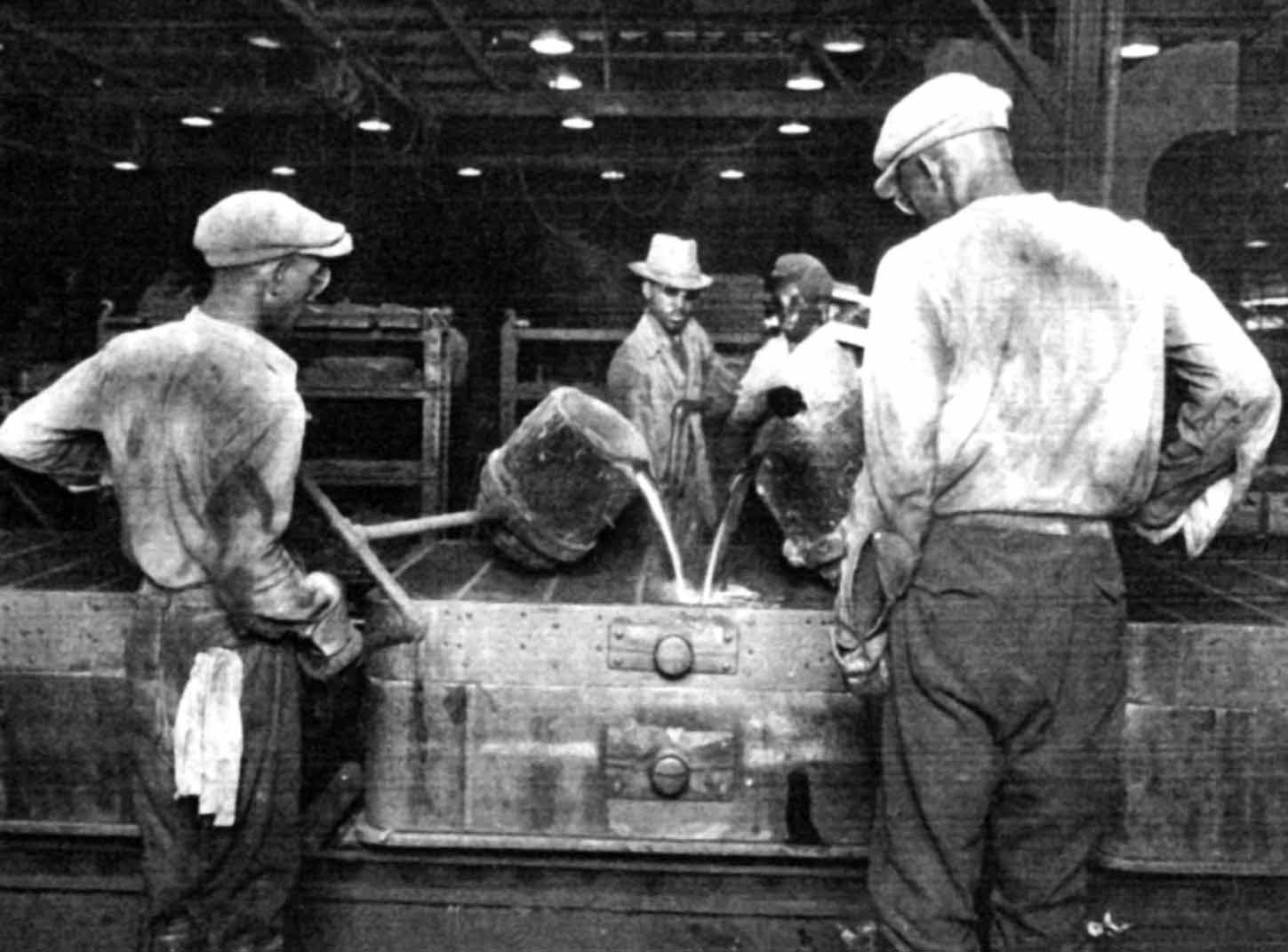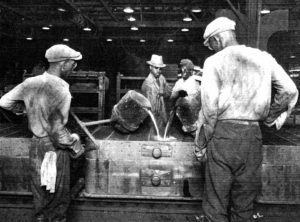
African-Americans played a significant role in making labor unions more inclusive in expanding their reach. This week’s threads will highlight some of those efforts and successes.
The Dodge Revolutionary Union Movement (DRUM) was an organization of African-American workers formed in May 1968 in the Chrysler Corporation’s Dodge Main assembly plant in Detroit, Michigan.
Detroit labor activist Martin Glaberman estimated at the time that the Hamtramck plant was 70 percent black while the union local (UAW Local 3), the plant management and lower supervision, and the Hamtramck city administration was dominated by older Polish-American workers.
DRUM sought to organize black workers to obtain concessions not only from the Chrysler management, but also from the United Auto Workers. Walter Reuther and the senior leadership had been early supporters of the American Civil Rights Movement; yet in spite of their growing presence in the auto-industry African-Americans rarely rose to positions of leadership within the union. On July 8, 1968 DRUM led a wildcat strike against conditions in the Hamtramck plant. The strike was observed by some 4,000 workers, lasted 2.5 days and prevented the production of 3,000 cars. In the subsequent Local 3 election, DRUM ran as an alternative slate. Although it did not win, the new organization drew notice for its militancy and willingness to challenge the UAW hierarchy.
The “Revolutionary Union Movement” form of organization spread to other Detroit plants: including FRUM (Ford Revolutionary Union Movement) at the Ford River Rouge Plant, and ELRUM (Eldon Avenue Revolutionary Union Movement) at the Chrysler Eldon Avenue plant. These organizations were brought together in the League of Revolutionary Black Workers which formed in June 1969.
As it grew, DRUM faced a crisis of expectations. Auto workers had created an independent organization, but opinions differed about DRUM’s future mission. Debates concerned whether DRUM should continue as a reform movement within the UAW or a dual-union which would seek to replace the UAW. The League of Revolutionary Black Workers eventually split between those who wanted to remain focused on the auto industry and those who wished to expand the League into a national political organization. The nationally oriented movement, led by General Baker, retained the organizational name the League and DRUM and was associated with the New Communist Movement. By 1975, however, the plant-level organization was largely defunct. Many members had been fired, and those who stayed often joined other currents in the union reform movement, such as the United National Caucus.

